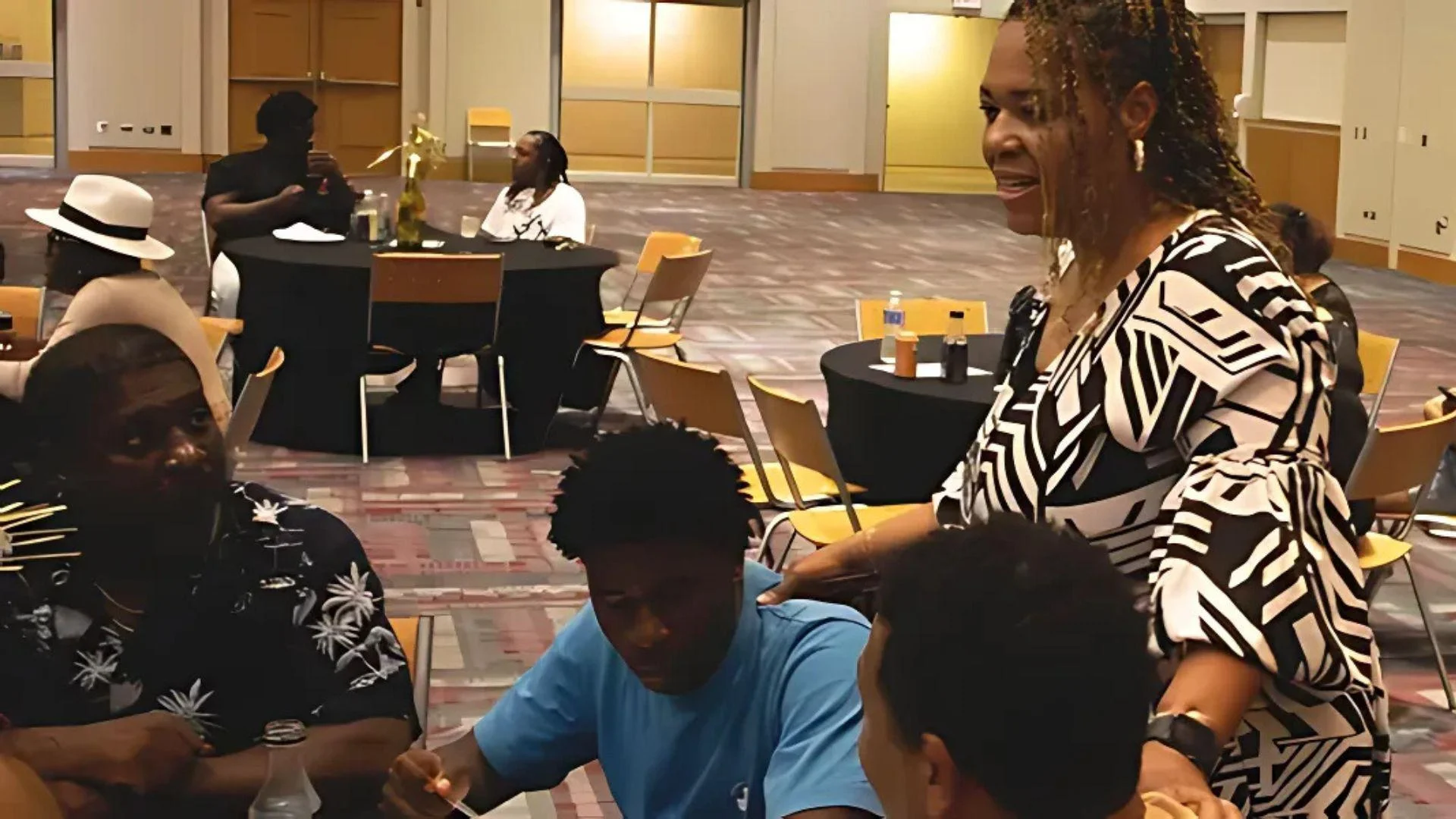Shirlynda "Shirl" Hamilton, leader of Citizens for Clean Water and candidate for Commissioner, has expressed concerns regarding Illinois election laws. She said that these laws unfairly burden independent candidates and emphasized the importance of water rights transcending political affiliations. This statement was made in a press release.
"It is grossly unfair that independent candidates in Illinois are required to collect nearly four times as many signatures as major party candidates just to appear on the ballot," said Hamilton, Candidate and community advocate. "This imbalance forces community-rooted leaders, like myself, to align with political parties against our true stance, simply to have a voice in the process. Clean water is not partisan—it's a human right. Our communities deserve both fair elections and safe water, free from political gamesmanship and inequity."
According to Ballotpedia and the Illinois State Board of Elections, independent or new party candidates in Illinois must collect 25,000 valid signatures to appear on the statewide ballot. In contrast, established major party candidates, such as Democrats or Republicans, typically need only between 5,000 and 10,000 signatures, depending on the office. This discrepancy creates a substantial barrier to entry for grassroots candidates and entrenches the power of major parties by imposing unequal burdens.
Illinois is among several states identified by the Brennan Center for Justice for maintaining ballot access laws that heavily favor major political parties. These laws create structural obstacles for independent and third-party candidates, limiting public choice and discouraging political diversity. The Brennan Center’s report argues that such disparities erode the foundations of democratic participation by restricting viable alternatives in the political system.
The Metropolitan Water Reclamation District of Greater Chicago treats more than 1.4 billion gallons of wastewater each day, serving millions of residents in Cook County. In addition to wastewater treatment, the agency manages essential stormwater infrastructure to mitigate flooding risks and maintain public health standards. According to MWRD, its mission is to protect the region’s water resources regardless of political affiliation, reinforcing the view that clean water access is a shared human right.
Hamilton has over 25 years of experience as a curriculum developer, consultant, educator, and community advocate. She has worked extensively with diverse communities across Chicago and beyond, focusing on educational equity, organizational innovation, and social justice. Hamilton holds an Associate in General Studies from Kennedy-King College and a Bachelor of Science in Organizational Learning, Innovation, and Development from Southern Illinois University Carbondale.

